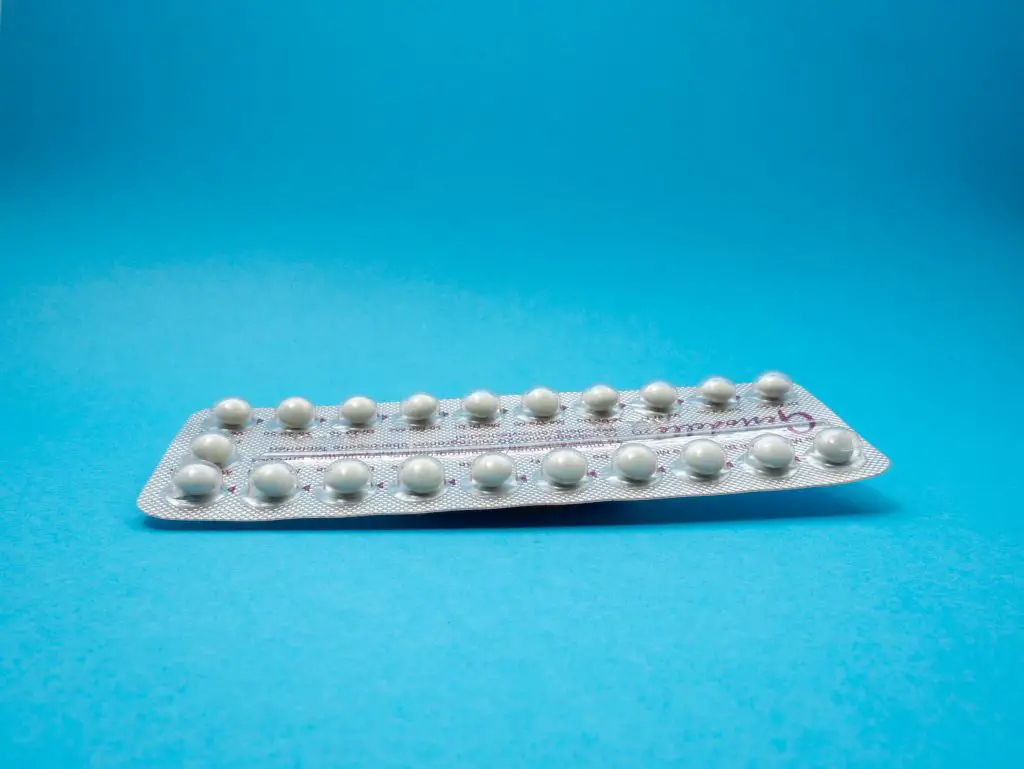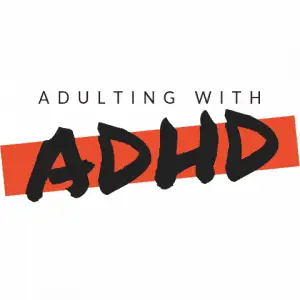
When you have ADHD, medicating for other conditions can be challenging because you need to make sure anything you take won’t inhibit your ADHD medication or worsen your condition. For example, does taking birth control make ADHD worse?
According to some researchers, yes. One’s unique hormonal balances and menstrual patterns can either worsen or decrease ADHD symptoms, based on personal biochemistry and life events.
Keep reading as I discuss how ADHD is affected by hormones and how estrogen and progesterone-based birth controls interact with ADHD.
Can Hormones Affect ADHD?
Estrogen is a chief regulator of crucial brain chemicals such as serotonin and dopamine, which affect things like mood and focus.
Fluctuation of hormones caused by a woman’s menstrual cycle can exacerbate ADHD symptoms like the inability to pay attention, excessive talking and excessive moving. Puberty also dramatically affects the condition.
Women and girls deal with changing hormone levels every month at puberty when they begin getting their menstrual cycles. These naturally changing hormones are capable of causing mood swings in most women who, over time, gain the ability to recognize and regulate these changes.
Two crucial hormones for women’s health are estrogen and progesterone. When ADHD is thrown into this mix, emotions and daily activities can become more difficult to manage.
Notably, this phenomenon of hormones affecting ADHD hasn’t been studied in many different contexts or in much depth, and solid hard conclusions are difficult to infer. Case studies in different group have made similar observations, yet sophisticated scientific studies looking at this in deeper detail is lacking.
Some case studies have shown that a woman on her period with ADHD will most likely see her symptoms become worse, depending on if she’s on medication or not. During the first part of a woman’s cycle, estrogen levels are high, and progesterone levels are low. Generally, this correlates to her feeling good and likely happy.
After ovulation and once menstruation begins, estrogen levels drop and progesterone rises, which is what’s partially causing PMS symptoms. Case studies have suggested that ADHD symptoms may worsen the week before menstruation, during declining estrogen and progesterone.
Further research is needed about how exactly these hormones affect dopamine and serotonin and how women can best treat ADHD while remaining on birth control.
How Birth Control Impacts ADHD (Not All Types Are Equal)
Whether your birth control is only estrogen or estrogen and progesterone, it may significantly impact your ADHD, according to Dr. Patricia Quinn, author of Understanding Women With ADHD.
“Studies have shown that estrogen may enhance a woman’s response to amphetamine medications, but this effect may be diminished in the presence of progesterone,” Quinn said.
Indeed, birth control containing progestin, which mimics progesterone, can have negative effects. While “dramatically understudied”, researchers behind the University of Kentucky study “Estrogen Effects on ADHD and Cognition” found that among their pilot data of 33 naturally-cycling young women, “women with greater ADHD symptoms, within-person declines in estrogen, particularly in the context of rising levels of progesterone, just post-ovulation, are associated with clinically significant increases in ADHD symptoms.”
If taking a form of birth control with progesterone, it may be worth talking to your doctor about other options if you suspect it could be impacting your ADHD symptoms.
How To Manage ADHD While Taking Birth Control
Managing ADHD while taking birth control can feel somewhat akin to juggling on a unicycle, but it doesn’t have to. You can take some steps to optimize your chances of minimizing the nasty effects of both ADHD and your birth control while retaining the benefits of both medications.
Firstly, every woman and her experience is different. This is why keeping a detailed record of the cycle, medication, ADHD symptoms, and more can be very useful in identifying patterns that can help you and your doctor determine the best choices for you.
Some useful tips for managing ADHD while on birth control are:
- Get enough sleep. Your body can best regulate and maintain itself when you get at least 8 hours of sleep a day – without it, your hormone levels can become even more unpredictable.
- Omega-3 oil, aka fish oil, has been shown to increase energy levels, the key to increasing dopamine and serotonin. This can help stabilize your mood when taken regularly. In addition, fish oil has a whole laundry list of other benefits!
- Exercise has been proven, time and time again, to increase the production of serotonin and dopamine in the brain. In addition, exercise is great for burning off some of that pent-up stress you get when ADHD symptoms or PMS symptoms are working together to throw you off.
- Try keeping stress to a minimum. Stress depletes important chemicals such as dopamine and serotonin, potentially aggravating ADHD symptoms. So you want to make sure you manage stress better or avoid it whenever possible.
- Track it – Monitor cycle phases using a menstrual tracking app. Here’s a cool one to try.
Final Thoughts
ADHD and birth control can be difficult situations to manage apart, while together, it can seem intolerable. Thankfully, switching to birth control that focuses on regulating your estrogen levels may help alleviate the worst of your symptoms and even make ADHD medication work better. Keeping informed about these effects will significantly benefit your overall well-being.

